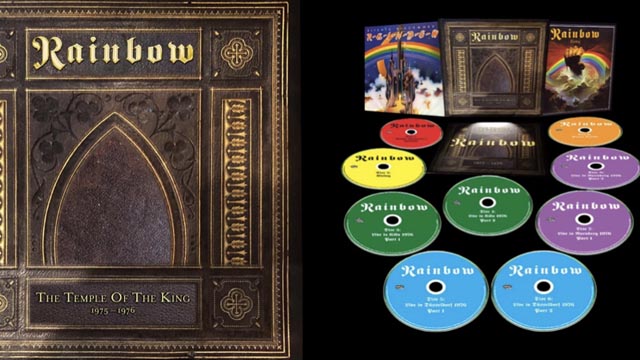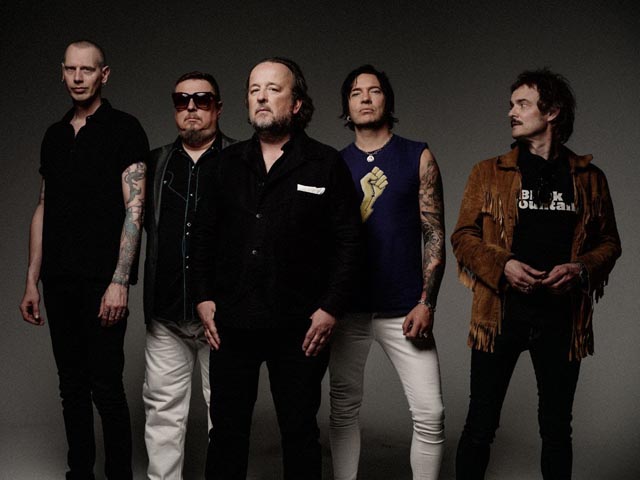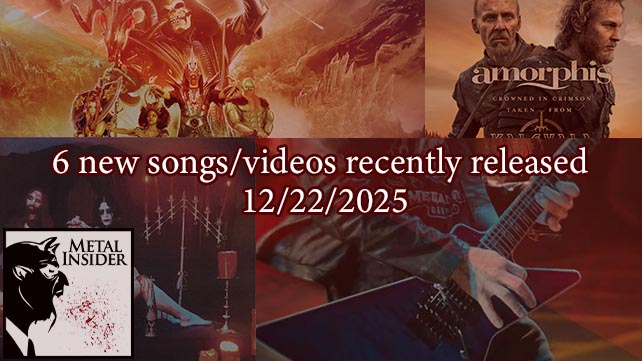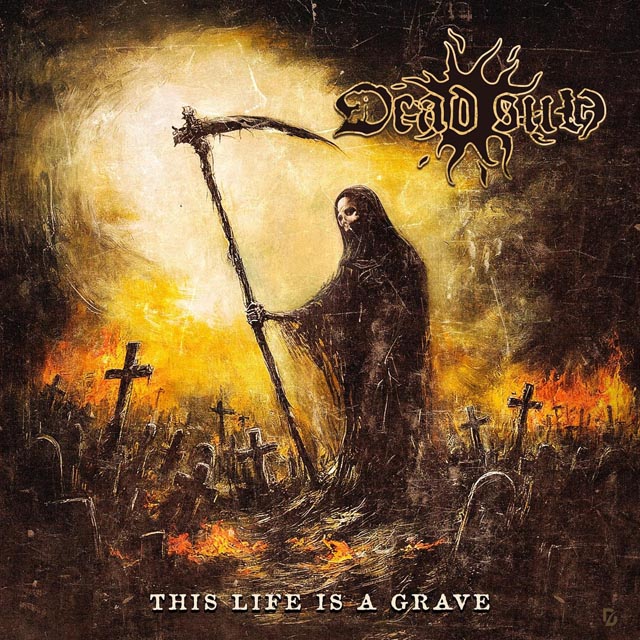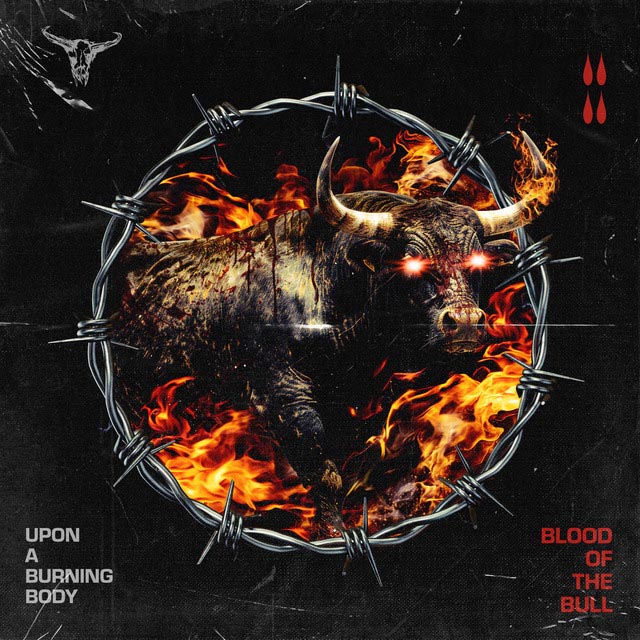“There’s a mystery to the overall story, so I can’t go into great detail, because it unfolds over the three records. It’s based in the here and now and portrays what the world is kind of turning into. We are seeing sweeping social changes happening all around the word because we’re so plugged in now with telecommunications being what they are. We’re able to comment and discuss stories that are going on halfway around the world in real time and it’s exciting. It’s a fascinating time to live in and to witness and comment on,” Tate explained.
“My story is set in that framework. As parents, we start very early programming our kids, and another word for that is teaching. We teach them definitions of everything around them – tables, chairs, the sky – and those definitions define our version of reality. In my story, four individuals come together and invent a technology that allows the user to see a different reality. And there are huge implications for this; how do we perceive space and time in relation to ourselves any more? The implications of what this program can do are enormous and because of thata conflict arises between the four people.
“Some want to take this technology and develop the program and sell it and get fabulously rich. Others in the group have a more altruistic viewpoint and want to give it to the world because the positive changes that would ensue would be beneficial. So this first album, The Key, introduces the technology and the four characters and shows the conflict that arises.”
Tate also spoke a little on the writing process, and how he was inspired to write the story on a trip he took to Spain with his wife.
“After all the legal stuff, my wife and I took a trip to Northern Spain and walked along the Camino de Santiago Pilgrim Trail, which was an amazing experience. And I was inspired to write this story on the trail. After writing the story I broke it down into outline form and when I got home, started composing music to fit the outline and then fine-tuned it from there. On this project and many other projects I have typically done it this way; write the entire story, break it down and assign the musical events, almost like creating scenes in a film,”
“I like doing it this way because it gives me a lot of room to tell the story. Because my stories are based on life experiences and life experiences are dynamic, the musical elements also have to be dynamic. There should be moments of intensity, moments of release, moments of reflection and moments of indecision. It should cover a lot of emotional ground.”
You can read the rest of the interview on Music Life Magazine’s website to hear Geoff reflect on Operation:Mindcrime, the album, as well as what it was like collaborating with the likes of David Ellefson (Megadeth), John Moyer (Disturbed, Adrenaline Mob), Brian Tichy (Whitesnake), and more.






